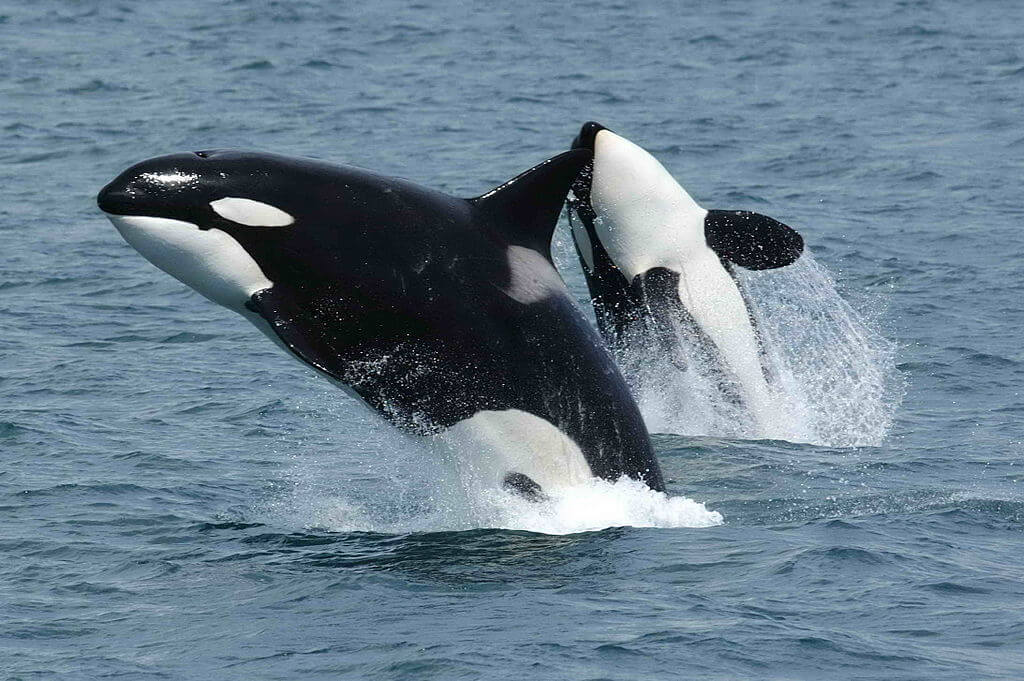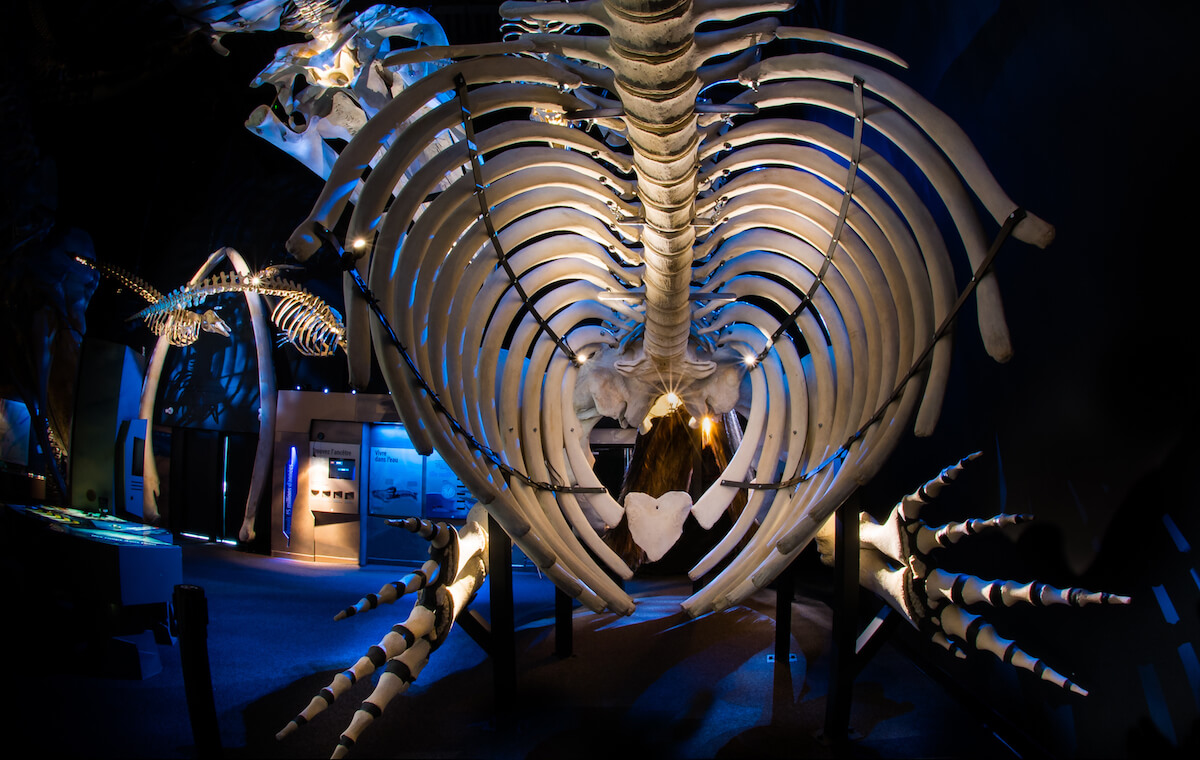Itching to set sail in search of marine mammals? Virtual experiences are available thanks to the following list of podcasts put together by Whales Online. Wherever you are, take advantage of this exciting educational content from regions around the world. Enjoy!
Every Thursday, Aquadocs offers an opportunity to learn more about the cetacean research conducted by veterinary scientists. Discoveries, surprising encounters and memorable experiences. A peek into their day-to-day lives and the questions and rigorous processes that go into their quest to better understand the reality of marine mammals.
Whale Tales offers its audio program: the Whale Tales Podcast. In a relaxed atmosphere, facilitators answer listeners’ questions on ecology and discuss exciting news about endangered species. In one episode, researcher Valeria Vergara is invited to chat about the fascinating subject of her work: belugas and their communication!
Hakai Magazine Audio Edition offers scientific news on the world of cetaceans and coastal sciences. The production team popularizes the research and observation of these giants of the sea. Video footage showing whales in full interaction or interviews with researchers regularly accompany the detailed content of the episodes. Their most recent project, The Sound Aquatic, explores the soundscape of the oceans, a field that is still poorly understood. Leading researchers briefly share their findings while the songs of fish, cetaceans and even coral echo in the background. Christopher Clark, one of the guest experts in the first episode, compares the seabed to one of the last frontiers of the universe: “Under water, we hear more sounds that we do not know than ones that we do.” Our understanding of this universe is constantly expanding. An exciting and well documented plunge into the deep.
The National Oceanic and Atmospheric Administration (NOAA) shares expert observations and knowledge on a number of marine phenomena, as well as on the impact of human activities in Making Waves. These 15-minute episodes provide an opportunity to learn about the overall impact of our actions on marine environments.
The Whale Scout Podcast brings together researchers, authors and naturalists specializing in the whales of the Pacific Northwest. The team features an episode on British Columbia’s southern resident killer whale with Colleen Weiler of Whale and Dolphin Conservation (WDC). These so-called “urban whales” – who earned their nicknamed due to their tendency to live in close proximity to human activities – are the focus of research and protection from the threats they face, including vessel traffic and fishing gear entanglements.
Baleine sous Gravillon is a French-language podcast that was created during the first lockdown in spring 2020. It is dedicated to the study of all sorts of amazing living creatures, from whales to bacteria. Experts are invited every week to talk about their research projects or their outdoor adventures. Insects, birds of prey, snakes, climate, oceans, glaciers, cetaceans… Everything is discussed from a perspective of culture and protection.
The Water Women Podcast gives the floor to women who dedicate their careers to studying the oceans and their denizens. From marine archaeologists to activists and biologists, this series features portrayals of a wide range of professions. Understanding the dynamics of ocean-climate interactions and hearing anecdotes from researchers who have worked at sea provides a rich and inspiring angle for future students seeking to carve out their niche in this environment.
Mother of Innovation interviews marine biologist and Ocean Collectiv founder Ayana Elizabeth Johnson in one episode. It provides a realistic and thought-provoking overview of the impact of rising sea levels on our lives and on potential imbalances in the marine environment.
The Marine Mammal Science Podcast is an information-packed production that brings the knowledge of researchers to those who are eager to learn about the discoveries and conclusions made by passionate scientists. One of the most recent episodes presents the journey of researcher Michelle Lander, who discusses the results of her research concerning certain pinnipeds, including sea lions. She emphasizes the challenges of studying and better understanding these difficult-to-access animals.
Nurturing the interest of the next generation!
So you want to be a marine biologist offers a host of portraits of scientists who contribute to a more in-depth understanding of marine environments. Youngsters who are curious about joining the profession will find valuable advice there. How does one go about gaining experience? How does one use this practical knowledge to build a network and what are the right reasons to pursue this path?
Meet the Ocean hosts guests not only from the scientific community, but also young individuals, artists and specialists interested in ocean conservation. The brief episodes can take different forms such as storytelling or an informative discussion amongst children on the impact of human activities.
Looking for a live encounter?
You will also have access to educational content and a rewarding experience this summer in Tadoussac. The Marine Mammal Interpretation Centre (CIMM) is enhancing its skeleton exhibit with three new specimens: a fin whale, a humpback whale and a North Atlantic right whale. We now have the largest collection of whale skeletons on display in Canada! But there’s more. The recently arrived fossil of a 10,700-year-old beluga named Félix is one of Tadoussac’s must-see attractions in 2021.
Are you aware of any other audio educational resources for marine mammals? Share them with us at [email protected].







